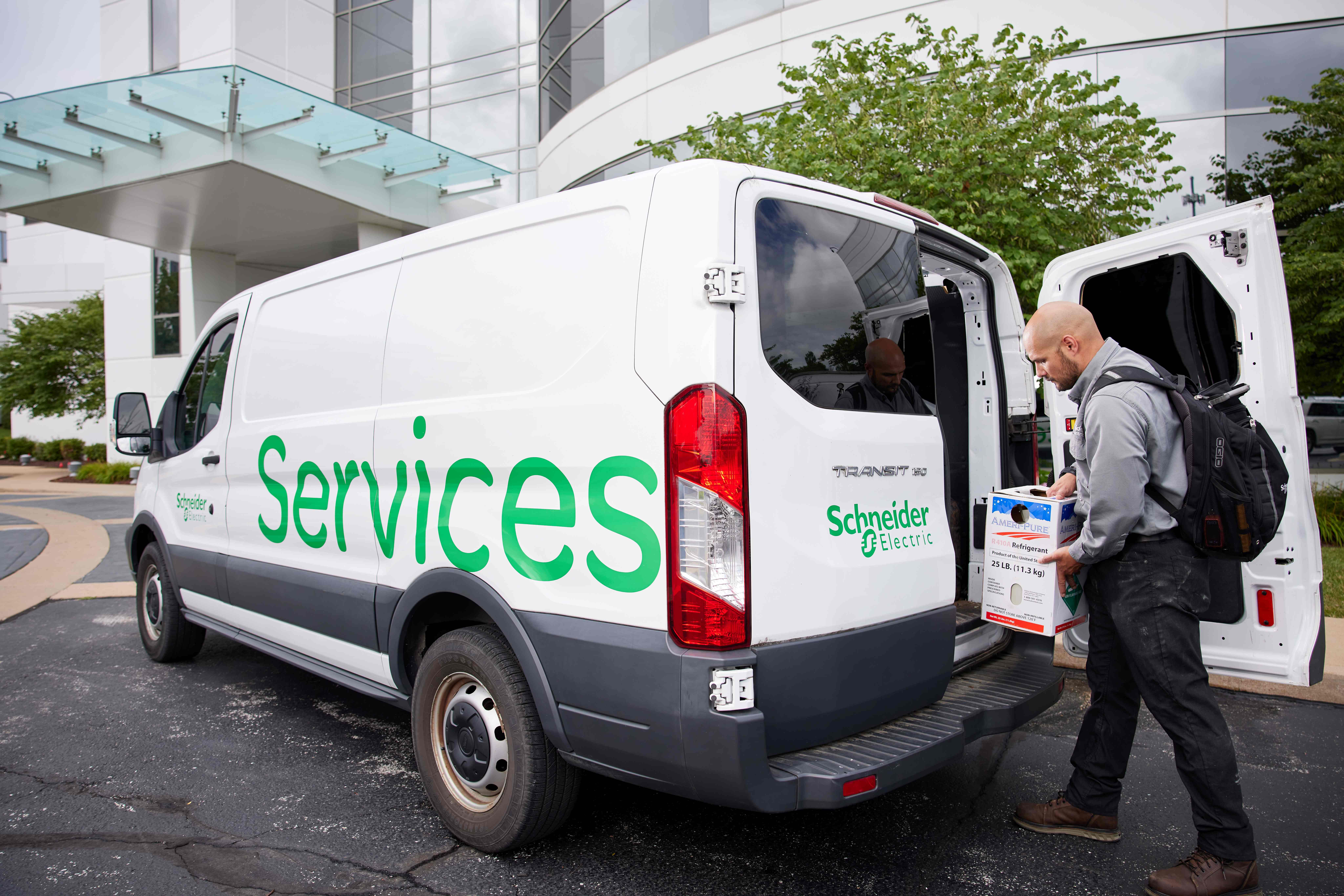
Unlock continuous improvement and operational efficiency
Facilities management brings distinct challenges to healthcare. While some of these are shared with non-critical environments, there is added pressure for hospitals, patient care services, and life sciences labs to prioritise safety and uninterrupted power. When patients are involved, facilities management teams must provide continuity for life-saving equipment and care. With the stakes so extraordinarily high, a single moment of unplanned downtime can become a potentially fatal incident or disrupt essential research, driving the need for 24/7 condition-based monitoring to support preventative maintenance services.
Healthcare facilities management teams must also contend with a diverse range of equipment. Modern wards are equipped with cutting-edge technology sometimes sitting alongside legacy infrastructure, making system integration and upgrades complex for already busy teams. Many hospitals and patient care facilities operate in older buildings where management systems are outdated and not equipped for growing demand. Upgrading these systems often requires a level of undesirable downtime, which can be minimised by calling in an expert service partner to navigate the best path to modernisation.
Meeting the challenges of modernisation and digitalisation in healthcare requires an approach that accounts for the long lifecycle of facilities and assets, providing a supported journey that allows for incremental upgrades with minimal disruption. Navigating that route can be challenging for an in-house team – often the most efficient answer is to bring in expertise through dedicated and bespoke services, like Schneider Electric’s EcoCare and EcoFit This will empower healthcare facilities to explore new technology without added drama, redefining maintenance strategies from reactive to proactive regardless of what is already installed. For example, hospitals looking to improve efficiency may integrate modern sensors with legacy systems for real-time monitoring which will open the flow of data throughout the facility. Maximising value from that deployment requires 24/7 monitoring with proactive alarming, advanced algorithms, and predictive analytics to support uninterrupted service for patients. This essentially is another full-time job role that needs experience in data science, modern BMS, and advanced digitalisation technology, which is a large responsibility to place on already busy facilities management teams.

Schneider Electric’s EcoCare delivers the advanced support needed to unlock the full value of technology deployments while meeting the specific needs of healthcare environments. Monitoring and optimisation are handled around the clock by a team of experts with pre-agreed response times for emergency support. This frees facilities management teams to explore the most beneficial technology deployments without any worry that advanced options bring new maintenance concerns. Not only that, EcoCare will support teams as they seek the highest possible level of energy efficiency within the current infrastructure.
Hospitals are highly energy-intensive facilities, and for good reason. The undisputable need for 24/7 uninterrupted patient care means healthcare locations are, using 2.5 times more energy per square foot than an office building. While this presents a strong opportunity for improvement, facilities managers cannot experiment with unproven technology that might interrupt essential services, no matter the potential efficiency benefits that could be achieved. EcoCare removes that concern for healthcare facilities and will unlock improvements in existing infrastructure. The average hospital electric bill in the UK was £279,895 in 2021 which rapidly increased in the wake of the energy crisis to reach £431,143 in 2022, with 70% of that spend being used for HVAC and lighting. These figures show the immense energy-saving potential in HVAC. This can be tackled with expert analysis of data from electrical loads, which managers can use to optimise consumption without affecting patient care or comfort. Even the most minor improvement in energy efficiency will make an impact on energy spending.
Service models provide data for facilities managers to deliver regular reports on building operations including efficiency and carbon emissions. Incremental improvement can then be deployed with minimum disruption to operations. EcoCare uses a combination of a dedicated specialist team and innovative digital solutions to minimise downtime by up to 75% and reduce planned downtime by up to 40% through a condition-based maintenance approach, enabling dynamic maintenance scheduling. This approach can also extend asset lifecycle in order to reduce long term carbon emissions of the facility. Find out more now: https://www.se.com/uk/ev n/work/services/assets-and-systems-services/ecocare.jsp

